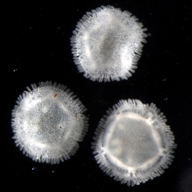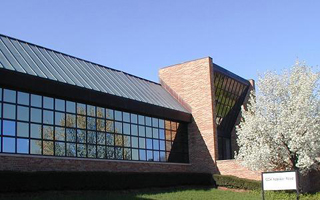SuperViz '94 Showcases Excellent Science -- Area HS Students Featured in Supercomputing Video
The Ohio Supercomputer Center (OSC) announces that five science video animations produced at the center were among the 34 selected for the International Supercomputing '94 Conference showcase video, SuperViz '94, as excellent examples of scientific research. With the assistance of OSC staff Tim Rozmajzl, Leslie Southern, and Rob Berry, two of the projects were created by high school students who participated in OSC's 1994 Summer Institute program.


